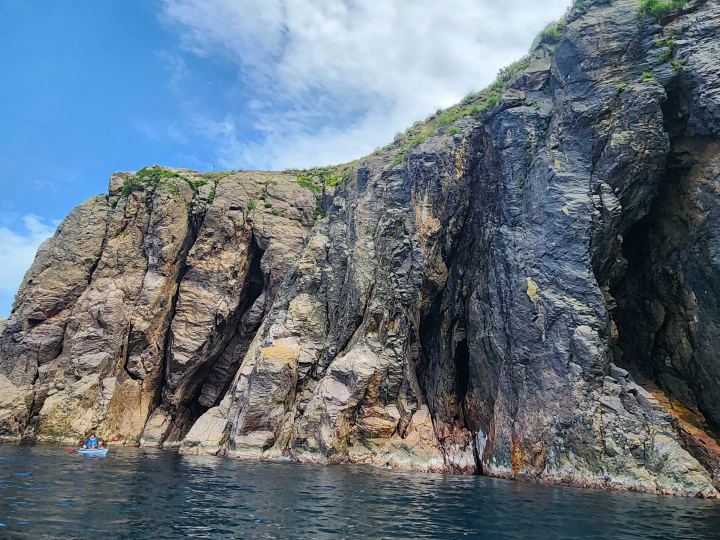How To Survive A Bike Trip From Tokyo To Shizuoka

Biking through Japan is a rewarding way to explore the country, but there are some important things to consider before you begin. This article introduces tips on how to make the most of a biking trip in Japan, based on a real experience.
If you’re somewhere on the spectrum of slightly delirious to downright crazy, then embarking on a long distance bike tour of the Tokyo, Kanagawa, and Shizuoka prefectures might be the perfect trip for you! There are a variety of options about where to go and what to see when biking.
However, this article will focus on the route beginning in Tokyo and ending in Shizuoka, which I attempted during the Golden Week holiday. The beauty of biking is that it allows travelers to explore Japan at their own pace, so when crafting your own path, feel free to take these suggestions and expand upon them.
The Advantages of Going on a Biking Trip in Japan
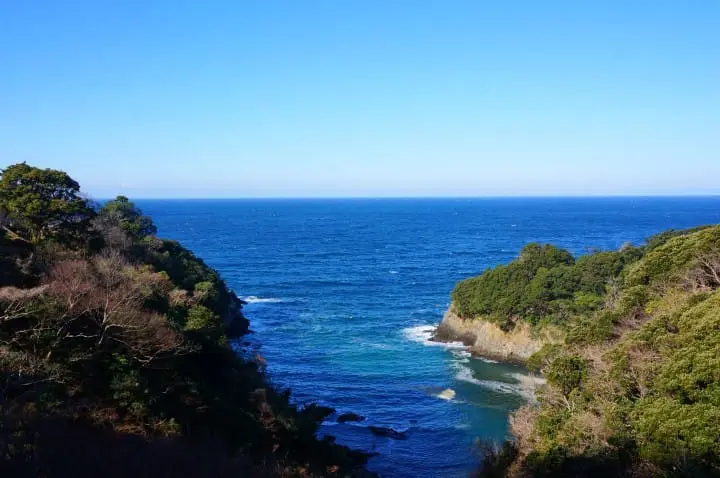
Picture from: Shizuoka: An Economical Two Day Gourmet Tour Of The Izu Peninsula
Undoubtedly, exploring Japan on a bike offers different and unexpected views that a traveler will certainly miss if they’re content just riding a train to their destination. A trip from Shinjuku to Ito, located in Shizuoka prefecture, takes just around 2 hours and zips past a variety of popular locations for travelers to disembark at.
Areas such as Kamakura, Hakone, and Odawara, all well known for their sightseeing spots, all line the path towards the Izu Peninsula. While these locations can certainly be accessed by public transportation, it can have the effect of rushing the traveler to only visit sightseeing destinations.
There is a markable difference in visiting Kamakura and only hopping from temple and shrine as compared to coasting carefreely along the shore and shopping streets. By biking, you’ll be able to experience a different side of Japan that most travelers never get to see.
The Etiquette of Biking in Japan
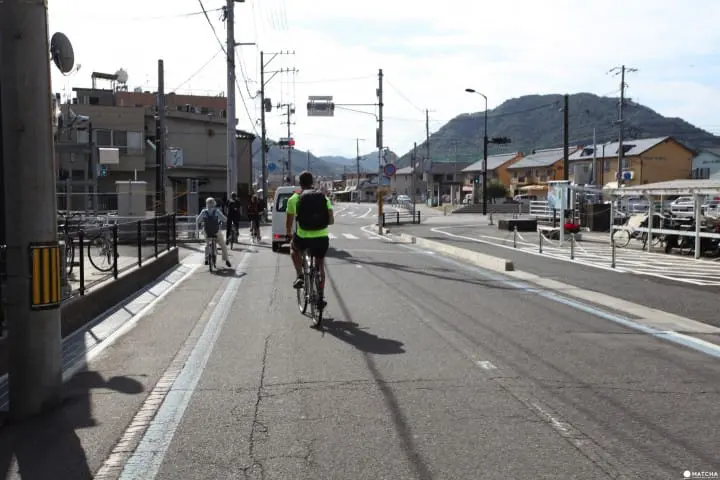
Picture from: A Cycling Trip On The Shimanami Sea Highway
Riding a bike in Japan comes with its own specific rewards and challenges. Before deciding to make the journey, it is important to be familiar with all of the rules of the road.
Firstly, it is acceptable to bike on both the sidewalks and the roads. With the exception of major highways, a bike can be used to travel almost anywhere.
On sidewalks, pay attention to pedestrians and make sure that other bikes traveling the opposite direction have enough room to pass.
Don’t be afraid of riding on the roads. Stick to the left side of the road and allow cars space to drive by. If there happens to be a car parked on the side of the street, look carefully before passing and getting back into the far side. Otherwise, simply follow traffic laws as you would normally do.
What You’ll Need for a Biking Trip

When biking, there are a few key things you’ll need to prepare. Obviously, your backpack will need to be light enough for you to wear your entire trip, or small enough to fit into a basket if your bike has one. Therefore, pack only essentials and light yet durable clothing.
Long athletic pants that don’t chaff are recommended for long distance biking. A hat is absolutely necessary in order to combat the time spent in the sun (as we found out, sadly).
Along with that, make sure enough water and snacks are packed, or schedule in time to take breaks at some of the various convenience stores.
Also, while bike thefts are not common in Japan, it is still a good idea to bring a lock to ensure your bike remains safe. Naturally, the bike should have its tires pumped before the journey begins, and be equipped with lights if you plan on biking past sundown. Safety is the most important aspect to consider when packing, so make sure you’re prepared!
A Biking Trip to Ito
Reaching the desired destination after biking an imaginable distance feels a whole lot more satisfying than just stepping off of a train.
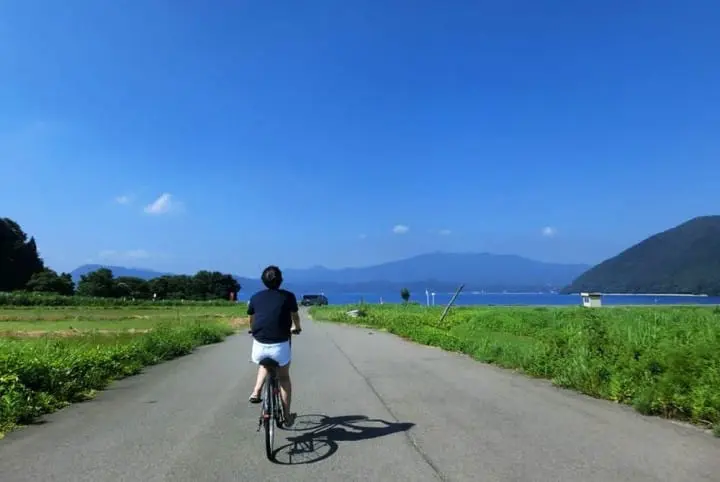
This adventure’s final destination was intended to be Ito. However, after taking into consideration that half the party was riding mamachari’s (the type of bike that Japanese mothers typically ride, generally equipped with baskets or children’s seats), the level of sunburn already inflicted, as well as the thought of returning all the way to Tokyo again, it seemed to be a more humane decision to leave the bikes in Odawara and ride the train to Ito Station.
Learn a lesson from our mistakes and know your limits. There’s no shame in leaving your bike in a parking lot especially for bicycles which can be found by most train stations and then collecting them again later.
And don’t be afraid to take your time either! We stopped frequently to eat and see famous sights (and spent far too long throwing bread to the fish at Odawara Castle) and the best part of biking is that it allows you to explore whatever you’re interested in!
The Final Destination
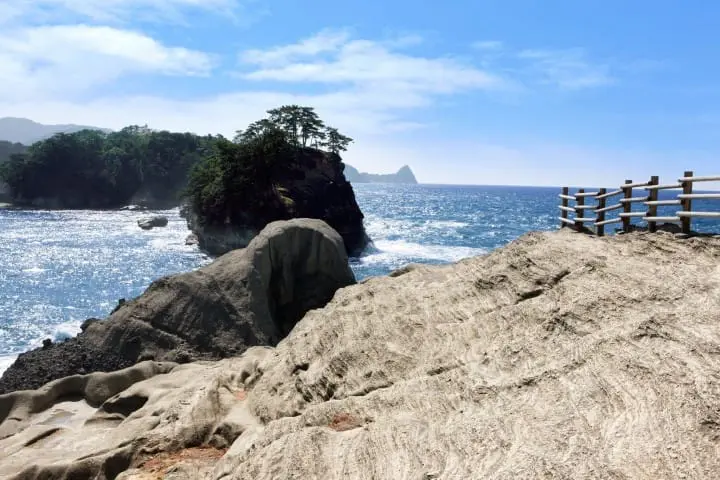
Picture from: Shizuoka: An Economical Two Day Gourmet Tour Of The Izu Peninsula
If you follow the path from Tokyo to Ito completely, the reward will be worth it. Ito itself is a coastal, onsen area that is refreshing and relaxing. Whether you bike all the way here, or simply take the train, a visit to this area is highly recommended.
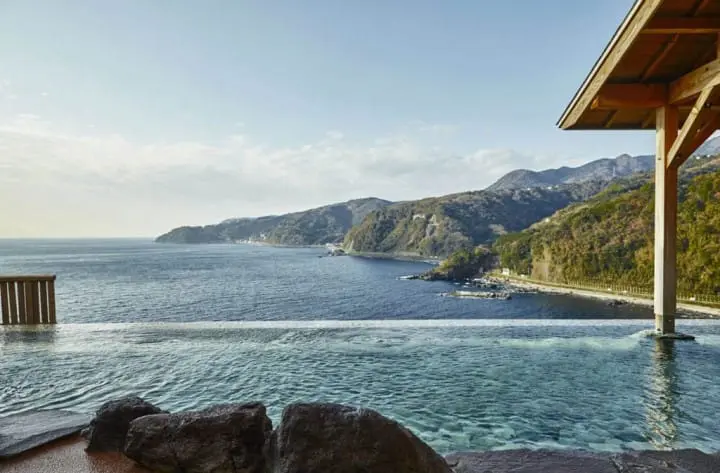
Picture from: A Tour Around Izu Peninsula With a Thai Exchange Student
The area surrounding the station has the charm of a small town and is enjoyable to stroll leisurely around. The station is less than 1 km from a swimmable beach, where the sand is black and the water is clear. During the week that we traveled, the water was slightly cold. While I was the only person swimming, the contrast from the ocean to the hot water in the onsen (hot springs) we visited directly after was worth it.
In Conclusion
The cliche holds true: regardless of the final destination, the fun lies in the journey itself. Whether biking through Kansai or Kyushu, biking in Japan is a safe and exciting way to see the country through new eyes.
Go with a good group of friends, be well prepared, and the results will undeniably be worth it. Enjoy!





































![[Coupon available, flagship store only] Introducing the special corner for spring sportswear and marathon events!](https://resources.matcha-jp.com/resize/720x2000/2026/02/20-259294.webp)
